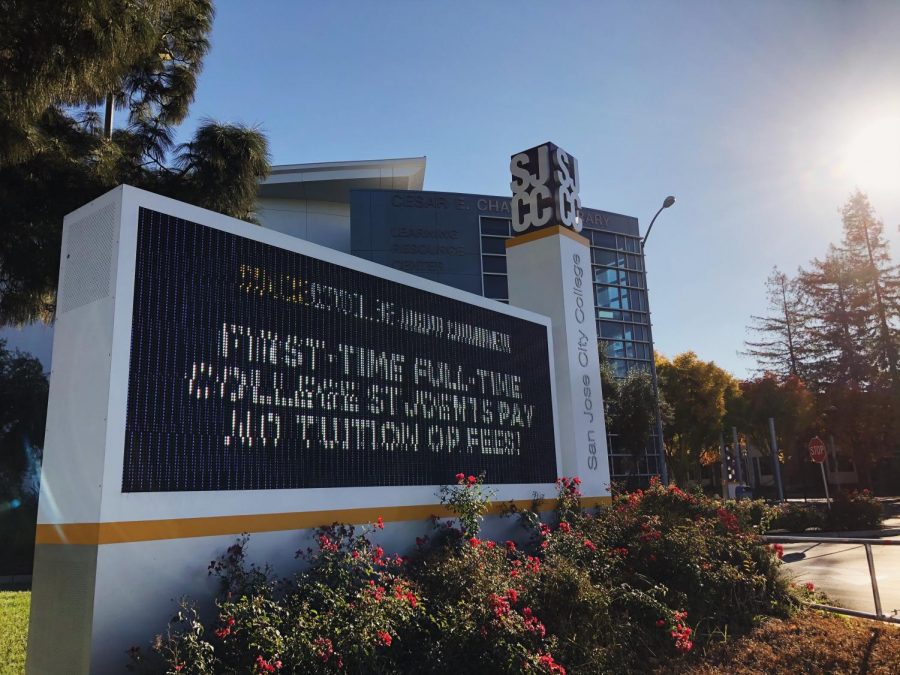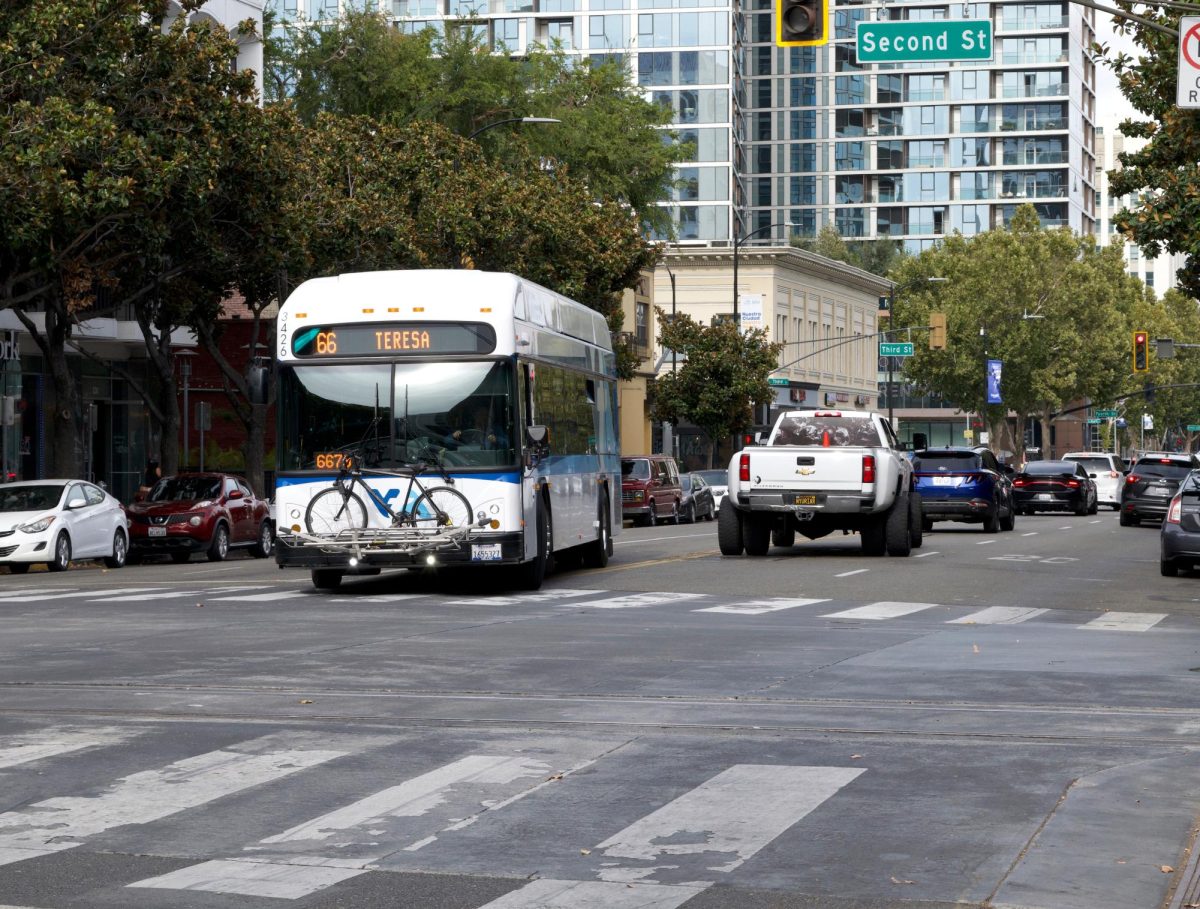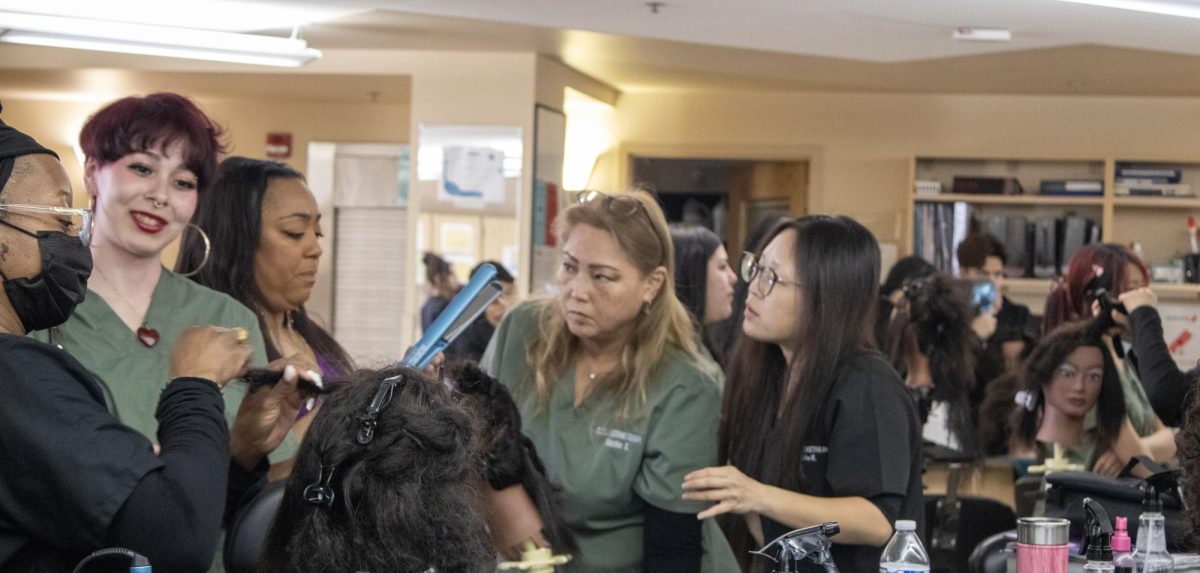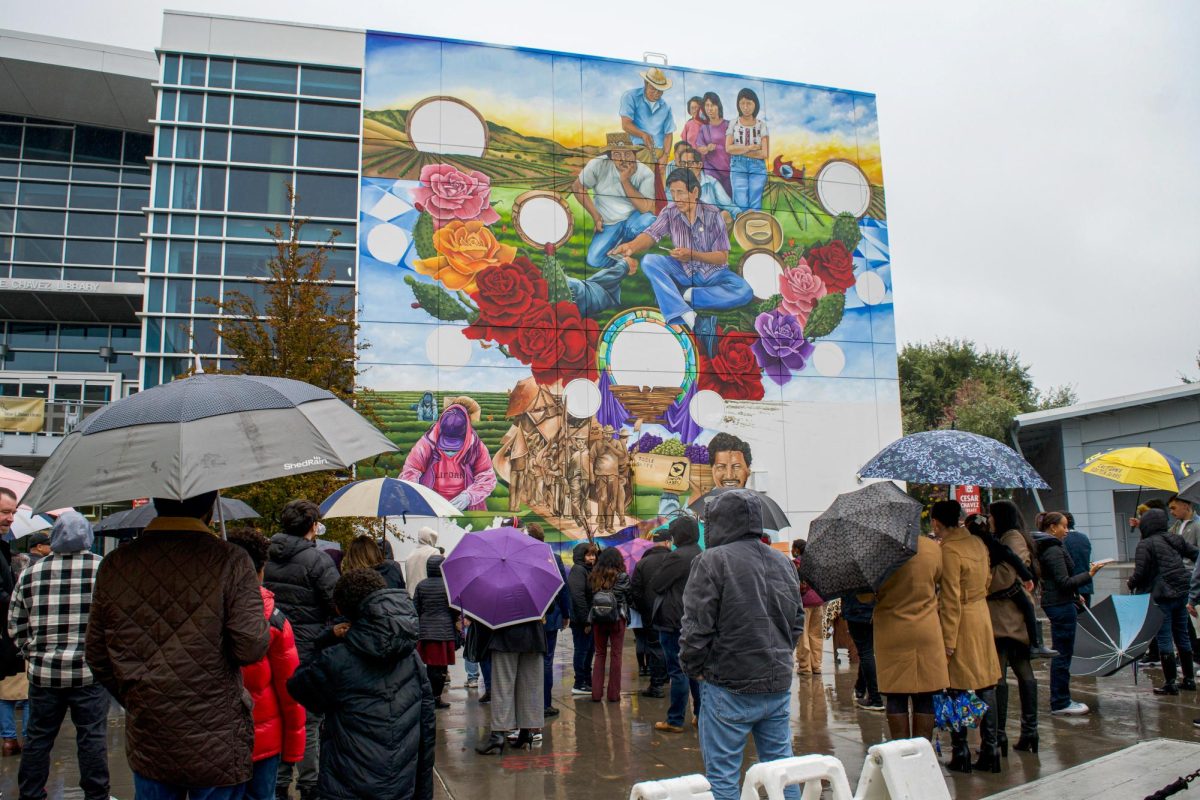As COVID cases are on the rise again, the status of San Jose City College will remain predominantly remote for intersession and spring semester 2021.
“I would have loved to see us go back to face-to-face, but safety is the most important issue for our students,” Vice President of Academic Affairs Elizabeth Pratt said.
There will be exceptions for certain health occupation programs such as EMT, med tech and dental assisting as it’s a requirement to have in-person training as far as the licenser, Pratt said.
Specific protocols such as social distancing and personal protective equipment will need to be approved and required to maintain a safe environment for students and faculty.
Many faculty members were not prepared for online learning so training was implemented to help the change, Pratt said.
“I have learned new skills that I probably wouldn’t have learned otherwise,” English instructor Scott Alkire said. “I have learned how to make my communication over the internet, emails, PowerPoints and videos more effective because I have to do it every week. It’s made me a more effective teacher using digital platforms.”
Pratt said although the campus is impacted by COVID, there will still be close to 800 sections of classes this spring, and around 750 of those will be remote.
“I think one of the best things to do is reach out as much as possible and utilize our resources,” Pratt said.
Both faculty and students were forced to shift to online education in mid-March and are still learning how to cope with a remote learning structure.
“Next semester what I would recommend to other teachers is, if possible, try to arrange a one-on-one chat with a student or a phone call so you could have a conversation and make them feel welcome as if they are in a real class, in which you are there to serve them,” Alkire said.
Online counseling services have been able to reach a large number of students.
“Counselors are there to help and guide students. If there is a disconnect or if they just need some guidance, now they can’t meet face-to-face with a counselor; but actually they have been meeting with more people online,” Pratt said.
The Language Arts Division of SJCC discussed opening up and using some of the campus’ largest classrooms to pilot a couple of classes where a few students (social distancing) can learn and be taught by an instructor in a nearby classroom. It will help the students feel the experience and know they are only one classroom away from their teacher, Alkire said.
There has been a decline in keeping 100% of students since moving to online learning, Alkire said.
“I think we have the infrastructure and that we have counted on faculty to do it very well,” Alkire said. “I think that if the college can prepare the students before the intersession and spring semester begin, if there were a way to meet incoming students for a one- or two-hour orientation about what online learning is, then we could keep 100% of our students.”
Pratt said she is aiming to find ways in which students can feel part of a community as it is hard to do so over Zoom.
“I know online is less likely to be as engaging as it would be in person,” said Leif Christian Benson, political science major. “As long as they’re (college administration) meeting that standard of making sure that students feel like they’re getting a good education and that they’re connected and still a part of this City College, that’s important.”







